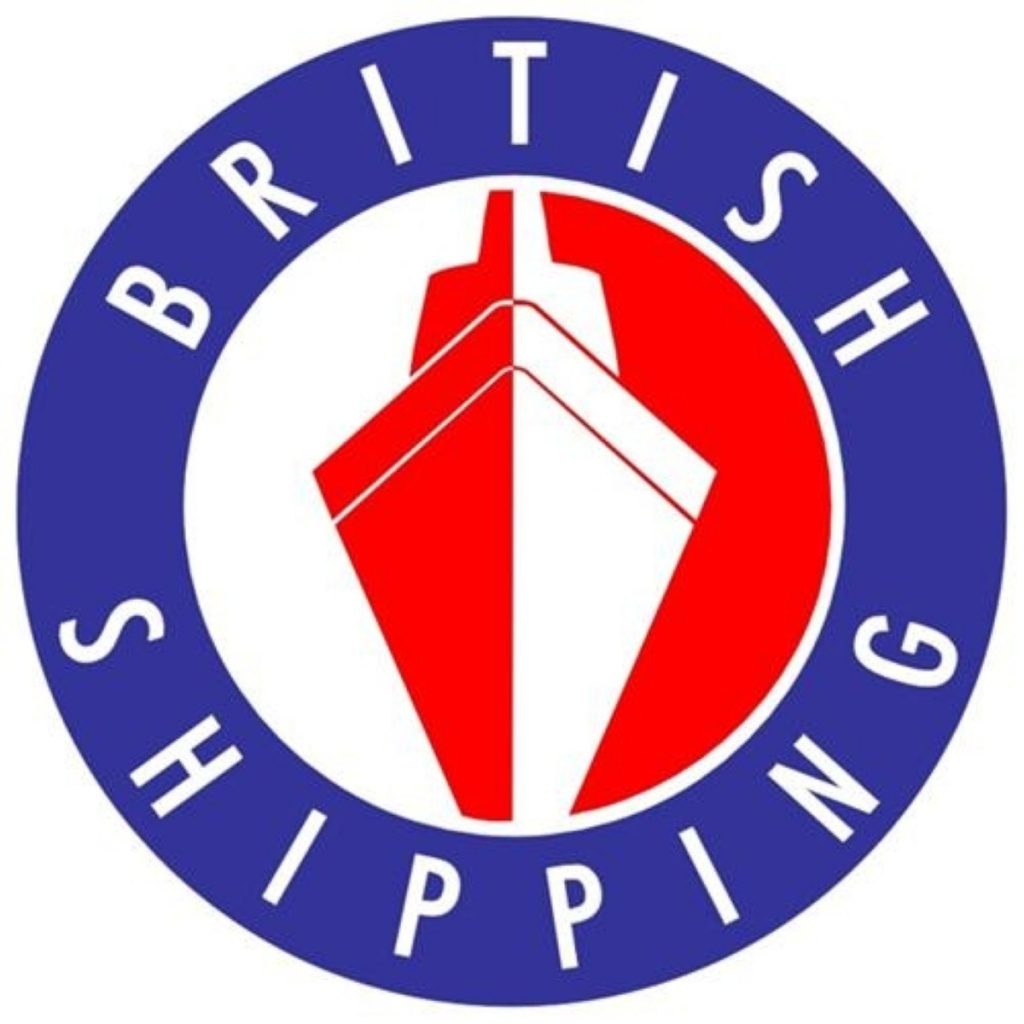Chamber response to media reports into seafarer pay rates
Tim Springett, Head of Employment and Legal at the UK Chamber of Shipping, responds to recent media reports on seafarer pay.
Recent media reports indicating that seafarers were working on P&O cruise ships for 75p per hour paint a very dark picture of the UK shipping industry, with accusations of poverty pay and slave conditions following closely behind.
However, the headline figure of 75p per hour is wholly misleading. By combining a guaranteed earnings level with the opportunity to earn more money from tips, it is usual for ships’ crew members providing services to passengers to take home upwards of $1,000 per month and, frequently, close to $3,000. The tipping system is potentially open to criticism because it does not provide guarantees of earnings. However, experience shows that it works extremely well. It encourages waiters on board to provide the best possible service, thereby increasing customer satisfaction and the likelihood that the company will attract repeat bookings. Meanwhile, the crew members themselves are able to maximise their income from each voyage.
When one adds the fact that these crew members are flown from their homes to the place where they join the ship and back home afterwards at the expense of the company – and are provided free accommodation and food whilst on board – the basic wage of $250 per month ends up as a very small proportion of the overall reward package. Moreover, they pay very little in taxes meaning the wage is essentially a net one, with few outgoings to cover.
For seafarers living in India or the Philippines – the country that provides 25% of the world’s seafaring labour – the potential earnings level provides a standard of living in their home countries that is well in excess of what they could expect to achieve by taking employment ashore in those countries. The salary of a Filipino Able Seafarer in the international fleet is considerably above what a teacher or doctor would earn there. Hence accusations of poverty wages are entirely unfounded.
It is worth noting that the right of all crew members to decent living and working conditions will be guaranteed once the Maritime Labour Convention, 2006 (MLC) enters into force, which is likely to be next year. The world’s largest flag states (including Liberia, Panama, Bahamas, Marshall Islands) have already signed up.
Shipping is an international business and there are minimal barriers to entry into most shipping markets. Applying rules forcing operators of ships registered in the UK, or trading to the UK, to pay above market rates for their crew members would not make seafarers any better off. It would simply act as a gift to operators of ships under other flags, whose competitive position as against their British registered counterparts would become overwhelming stronger. Moreover, experience shows that protectionist measures have highly damaging effects. Many decades ago, New York was one of the world’s leading maritime centres – now, thanks to the highly restrictive and anti-competitive Jones Act, it barely rates a footnote. It would be of benefit to nobody in the UK for London to suffer a similar fate as a result of misguided protectionist laws.
The Chamber accepts that it is an unfortunate consequence of the international nature of the shipping business that employment opportunities for British seafarers, particularly ratings, have diminished considerably. Since it is not possible for them to compete with their Indian and Filipino counterparts on the basis of cost, they need to compete on quality. This is why the Chamber has been involved in discussions with the RMT, on how best to add value to British ratings to give them a fighting chance of finding sustainable employment in at least some sectors of the industry. This represents a considerably better option than applying restrictive practices that do nothing but undermine the competitiveness – and threaten the future – of our merchant fleet.
Tim Springett, Head of Employment and Legal





-01.png)